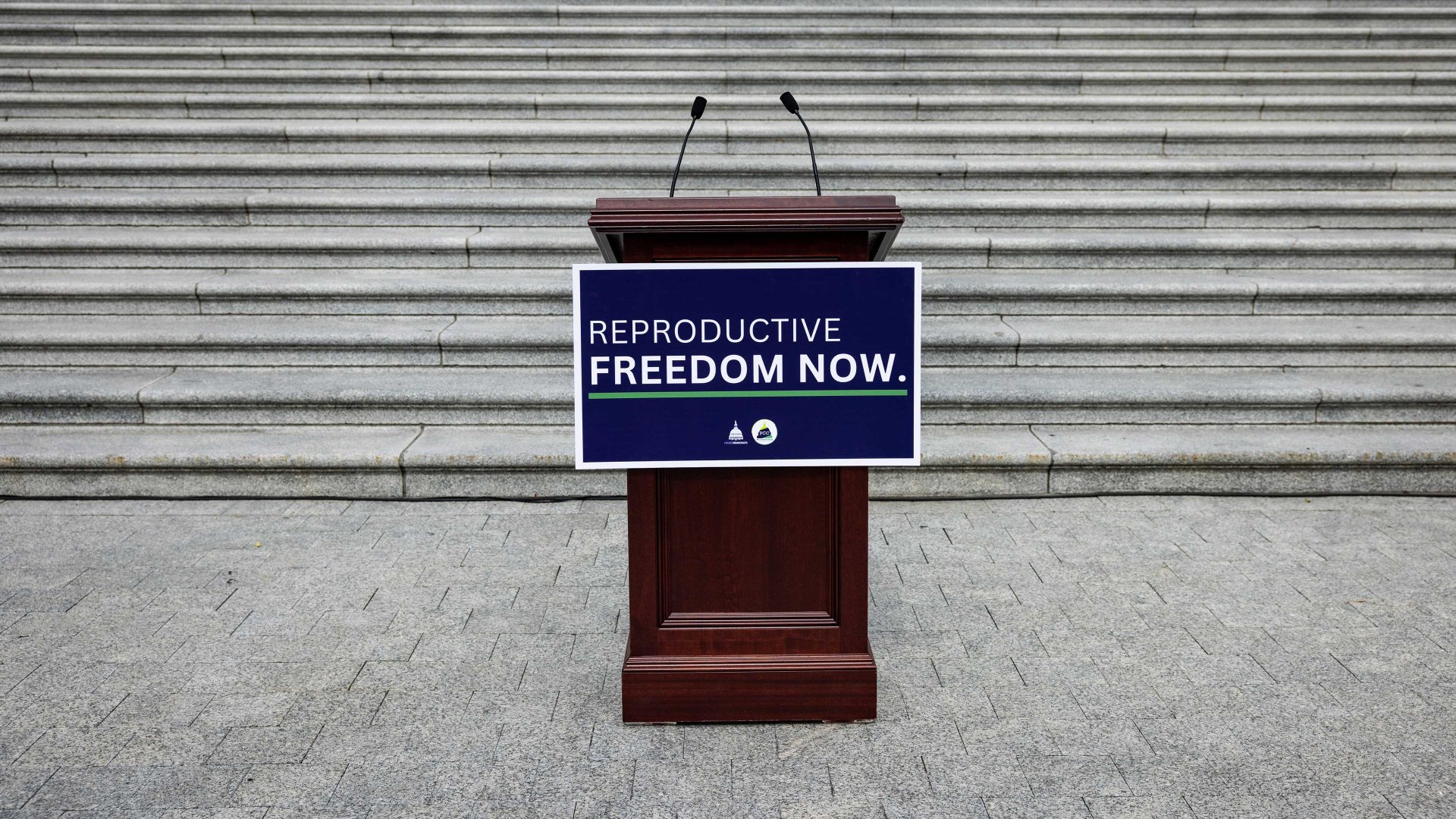Scientific American magazine has endorsed Kamala Harris in the US presidential election – and there is as much grumbling from some scientists as there was when the magazine made its first ever such endorsement, for Joe Biden, in the last election. Why is a science publication getting into politics? To some, Scientific American has become the epitome of wokeist science. “Getting political means getting biased and a magazine that has ‘Scientific’ in its name should not be biased”, said one objector.
Even the august journal Nature is at it. “When candidates threaten a retreat from reason, science must speak out,” an editorial said in March 2023, after it too endorsed Biden in 2020. But according to the Atlantic’sTom Nichols, an expert in national-security affairs, “a magazine devoted to science should not take sides in a political contest”.
In any case, Nichols goes on to say, such endorsements can backfire. A study in 2021 showed that Nature’s endorsement of Biden reduced trust in the scientific information provided by the journal, and in scientists generally, among Trump supporters, whereas any positive effects on Biden supporters were negligible. So what’s the point, if there’s only loss and no gain?
Well, let’s see. If Nature did challenge Trump’s denialism on climate change, or the widespread opposition to evolutionary theory among Trumpists and Republicans, that too would probably alienate the American right while changing the views of liberals barely at all. So what’s the point, right?
Ah, but unlike science, politics is just about values! If Scientific American felt it had to endorse Harris, Nichols said, “they could have made a case for electing Harris as a matter of science acting in self-defence”, given Trump’s record on scientific matters. Instead, the magazine’s reasoning “focused on health care, reproductive rights, gun safety, technology policy, climate policy and the economy”: policy questions that are all about values, not facts.
Excuse me? The idea that laissez-faire gun laws improve public safety has been repeatedly debunked by comparative international statistics (it’s not hard). Challenges to reproductive and abortion rights often traduce basic biology and threaten public health. And is Nichols seriously suggesting that Trump’s climate policy respects the scientific facts but just applies different values to their interpretation?
According to anti-vaxxer, conspiracy theorist, and former Republican presidential candidate Robert F Kennedy, Trump has asked him, in the event of victory, to “unravel the capture of [public health] agencies by corrupt influence”. These apparently include the Centers for Disease Control and Prevention, the epicentre of the pandemic response, and the drug-licensing Food and Drug Administration. That’s a frankly terrifying prospect for the American public. Meanwhile, there is no shadow of a doubt that a second Trump administration would seek to finish the task of dismantling environmental protections and emissions reductions – which would require that science be falsified or denied or scientists neutered, silenced, or (I’m not catastrophising) worse. But this is all just about policies, right?
It sometimes feels as though those who insist that science and scientists stay out of politics know nothing about the history of their interaction – apart from Russian biologist Trofim Lysenko’s Marxist-Leninist denial of Neodarwinian genetics in the 1950s, that made him the Liz Truss of the Soviet agrarian economy.
They seem oblivious to how much they sound like Werner Heisenberg, asserting during Hitler’s regime that science floated in some pure realm above dirty politics – a position that left him easily manipulated by the Nazis and willing to act as their cultural envoy in occupied Denmark. It was precisely because German academics considered themselves apolitical and felt no sense of communal solidarity against state interference that they mounted no effective resistance to the Nazis at all. That’s the way dictators like it.
And why do those who feel journals like Nature and Scientific American should not, even in extremis, take political sides, never comment on the fact that Nature also did so in the 1930s? Its criticism of Hitler’s antisemitism (mere policy decisions!) led to it being banned in Germany in 1937, denounced as an “abominable” nest of “democratic-liberal” views (I think “woke” is the term the Nazis were searching for). Look what that editorial stance achieved – it merely alienated Nazi scientists!
The weird thing is that, in my experience, those who insist most loudly that science should be “as free from politics as possible” (whatever that is supposed to mean) tend also to be the ones who insist (again, ahistorically) that science can only thrive in a democracy. Why, then, they seem to feel it is no concern of science if democracy is threatened, I can’t imagine.




